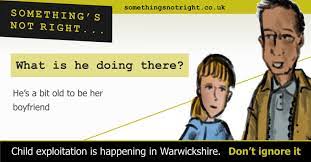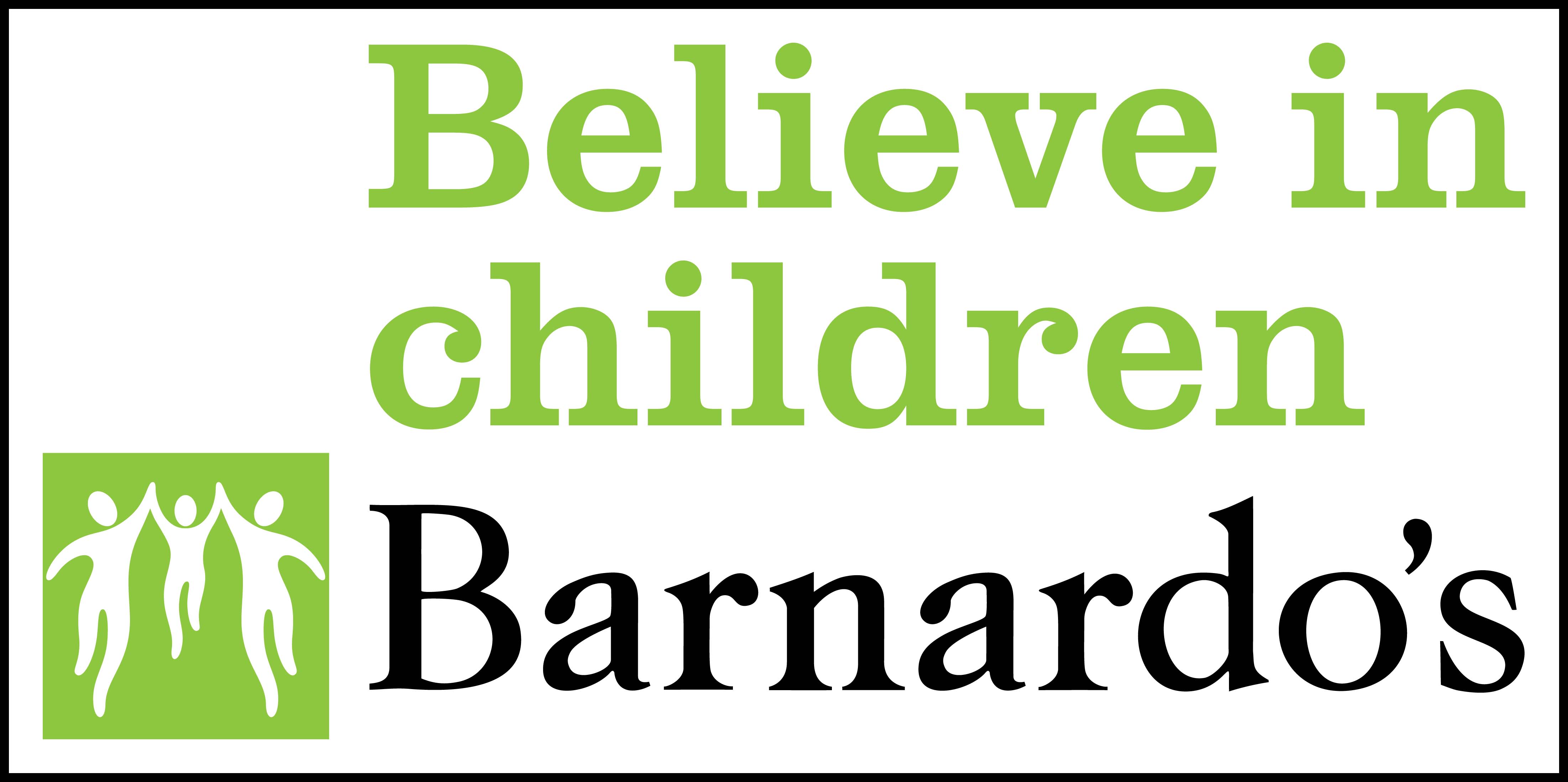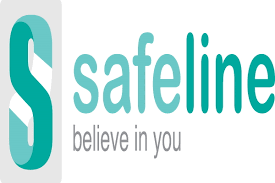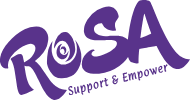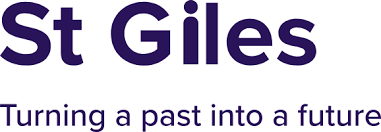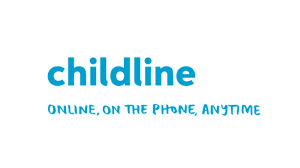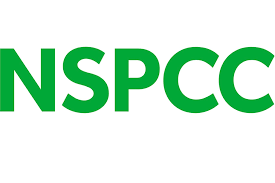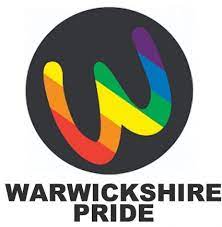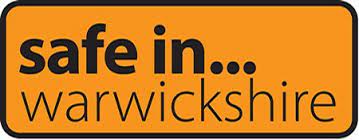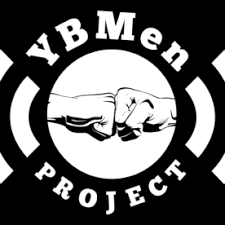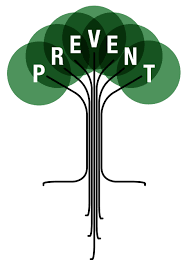
Definition of Exploitation
When an individual or group unfairly takes advantage of a person to coerce, manipulate or deceive for personal gain, that is exploitation.
Exploitation is abuse.
Types of Exploitation
Exploitation is complex. In many circumstances, a person may not fit into just one of the below definitions and there may be crossovers.
Criminal exploitation often comes with the promise of something desired as a reward meaning the victim often pursues without knowing they are being groomed and exploited. The current reality is that often these young people are seen as criminals and not victims. County lines has become a prevalent form of CCE. Which includes children forced to work in cannabis factories, being coerced to ‘plug’ and move drugs or money across the country. Children are also manipulated into committing fraud, shoplifting and gang violence which entraps the child, perpetuating the cycle of criminality. Often children who are being exploited themselves will become the exploiter. In cases of peer-on-peer exploitation, a power balance still drives the relationship which may not necessarily be the result of an age gap between abuser and abused. Futher reading on county lines can be found here
Sexual exploitation is when an induvial is taken advantage of sexually in return for gifts, food, drugs, alcohol, money, love and attention or coerced via threats and violence. Due to an imbalance of power, children are at greatest risk of sexual exploitation. This is even greater if the child has a complex home life or a physical or learning disability. All genders are at risk of sexual exploitation.
These three elements all form part of trafficking: Trafficking is not always an international transfer of people. Trafficking in the UK includes commercial, sexual and bonded labour. People often suffer violence, sexual abuse and threats towards their families. They have little choice what happens to them becoming commodities owned by traffickers, used for profit.
Modern slavery occurs when people are coerced into situations where there is little to no pay, often with threats of punishment or held over debt bondage. Each case of modern slavery can look different as there is no typical victim. Frequently hidden from sight or under the guise of a legitimate business, victims are modern slavery often faced by more than one form of exploitation. This can include but is not limited to:
Previously referred to a 'cuckooing', home invasion is a term used when a gang takes over a vulnerable person’s home as a base for criminal activity. Home invasion is often part of wider county lines activity and criminal exploitation.
Criminals use the internet to groom or bully people on social media, text apps and online games. They will abuse their power to make the victim do sexual or criminal things leading to risks of blackmail and coercion. 2020 saw a significant increase in online grooming for child criminal exploitation - including county lines. Further information and guidance can be found on our Keeping Children Safe Online page
Radicalisation is not about a specific faith or demographic. The profile or single indicator of when a person may adopt extremist and a violent ideology is not obvious. The process is different for each individual. A vunerable young person or adult will change their perception and beliefs due to being exposed to extremist influence which may result in extremist actions. The exposure may be online, through publications and literature or direct one to one contact. Radicalisation can happen over an extended or short period of time. There often involves an element of exploitation and criminal activity. Extremism is to actively oppose British values including democracy, individual liberty and mutural respect of different faiths and beliefs. Extremism can be domestic - such as those with a far-right ideology conducting criminal acts to futher their campaign. Extremism can be violent. Violent extremism refers to the activity an individual or group conducts by any means to glory or justify terrorist violence. This also include those whom foster hatred for the purpose and aim of inter-community tension and violence. Information on Warwickshire's Prevent Strategy can be found here ACT is aimed at family and friends to encourage them to share concerns that a friend or loved one might be vulnerable to radicalisation. The site can be accessed here
Vulnerable children and adults are likely to be targets of opportunistic exploitation. It happens quickly without any grooming. Children who have regular missing episodes, who are out late at night in adult environments or adults who abuse substances are high risk. They may be offered accommodation, drugs or alcohol in exchange for sexual activity.
Although it is recognised that not every person who goes missing is vulnerable to exploitation, research has illustrated that due to their circumstances, there can be an association between those who go missing and harm. This is especially prevalent with Children in Care who have missing episodes. Warwickshire Safeguarding Partnership and Partners have developed a informational pack which aims to provide useful information around responding to risks faced by children and young people (CYP) in care who may be vulnerable to going missing. Download a copy here The Impact of Exploitation Exploitation in its forms can have a long lasting impact on a person’s life. This may include: If you are worried that somebody you know is feeling suicidal, help and guidance can be found at https://www.dearlife.org.uk/ Spotting the Signs Children: Hundreds of children in Warwickshire are victims of child exploitation every year. It is a crime that can affect any child anywhere, anytime regardless of their social or ethnic background or gender. Learn how to spot the signs: For guidance and help if you think a child is being exploited visit https://www.somethingsnotright.co.uk/ PACE (Parents Against Child Exploitation) is an organisation that supports parents and carers whose children are being exploited by offenders outside of the family https://paceuk.info/ Adults: Signs of various types of slavery and exploitation are often hidden, making it hard to recognise potential victims. Victims can be any age, gender or ethnicity or nationality. Whilst by no means exhaustive, this is a list of some common signs: There is a national framework to assist in the formal identification and help to coordinate the referral of victims to appropriate services, known as the National Referral Mechanism. Certain public bodies such as local authorities and chief officers of Police have a statutory duty to refer. More information about the National Referral Mechanism can be found here. Prevention Know the signs Intelligence sharing - If something doesn’t seem right and you have concerns, report it Signposting Where to go for help and support Further Reading {slider=Prevalence of Exploitation in Warwickshire} Assessing the extent of exploitation in Warwickshire is a challenge due to the hidden nature of the activity and significant under reporting. The following reports provide an overview of Exploitation in Warwickshire and what is support is being delivered. Child Exploitation and Missing Children Service Annual Report - 2020-21 Child Exploitation by Organised Networks – Published 2022 Warwickshire Safeguarding; Exploitation Strategy – 2020 -2023 Warwickshire Safeguarding; Exploitation Strategy Child Exploitation Disruption Toolkit Children’s Society Slang Dictionary Children’s Society Emoji Dictionary Stages of Criminal Exploitation Recruitment Link to Statutory Guidance (England) Information for people working in licensed premises in Warwickshire 'Cowards' exploited schoolboy to help flood Warwickshire, Derbyshire, Shropshire and Worcestershire with crack cocaine and heroin - Coventry Telegraph published 02/06/22 Could you spot child exploitation? - Warwickshire County Council published 18/03/22
